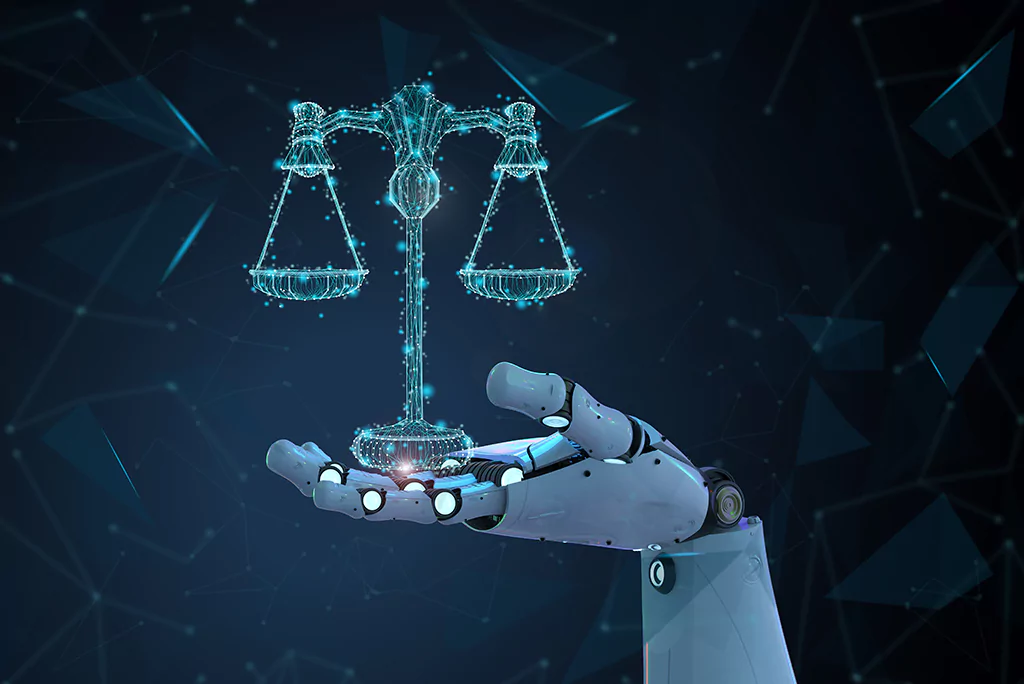
The European Union has made significant strides towards regulating artificial intelligence (AI), with the EU Parliament passing the ground-breaking AI Act, marking the first instance of formal AI regulation in the West. As reported by Ryan Browne on CNBC, the landmark move comes amidst growing global attention towards AI development, particularly in generative AI, a technology capable of creating new content based on user inputs.

✅ AI Essay Writer ✅ AI Detector ✅ Plagchecker ✅ Paraphraser
✅ Summarizer ✅ Citation Generator
Key Takeaways:
- EU Parliament passes the AI Act, the first formal regulation for AI in the Western world.
- AI developers will be required to submit their systems for review before commercial release.
- EU members have agreed to stringent restrictions on generative AI tools like ChatGPT and Google’s Bard.
- The legislation stands firm on prohibiting real-time biometric identification systems and controversial “social scoring” systems.
In a critical Wednesday vote, the Parliament passed the AI Act with 499 votes in favor, 28 against, and 93 abstentions. Though the regulation is yet to become law, it has made substantial progress. It will likely be one of the first formal rules for AI technology globally.
The act mandates stricter regulations on generative AI tools like Microsoft-backed OpenAI’s ChatGPT and Google’s Bard, requiring AI developers to submit their systems for review before commercial release. This important legislation further cements a ban on real-time biometric identification systems and controversial “social scoring” systems.
Jens-Henrick Jepenssen, senior director of public policy at Workday, told CNBC that the AI Act aims to “build safeguards on the development and use of these technologies to ensure we have an innovation-friendly environment for these technologies such that society can benefit from them.” The act, thus, carries massive implications for developers of generative AI models.
Despite attempts by the European People’s Party to water down the ban on real-time biometric identification and social scoring systems, lawmakers pressed ahead with it, choosing to uphold human rights over technological advances. The ban, therefore, prohibits biometric surveillance in all public settings.
As the regulation moves closer to becoming law, it must navigate negotiations within EU institutions and among the 27 member states. Earlier in the day, Github CEO Thomas Dohmke called on European regulators to consult those with firsthand experience in AI development:
“We encourage the European Union and the US government to move fast and listen to those that built the technology, not only in the commercial business but also in universities, in the open-source communities.”
This momentous decision by the European Union resonates globally as nations worldwide seek to implement rules and standards for AI. On Monday, UK Prime Minister Rishi Sunak proclaimed his ambition to make the UK the “geographical home” of AI safety regulation, setting the stage for a worldwide race to regulate the burgeoning field of artificial intelligence.
Related stories:
A Fresh Release From Jasper: Generative AI Marketing Campaign
AI Tools for Academic Writing Gain Growing Traction Among US Students, the survey reveals
How AI is Redefining the Concept of Computer Programming
Follow us on Reddit for more insights and updates.





Comments (0)
Welcome to A*Help comments!
We’re all about debate and discussion at A*Help.
We value the diverse opinions of users, so you may find points of view that you don’t agree with. And that’s cool. However, there are certain things we’re not OK with: attempts to manipulate our data in any way, for example, or the posting of discriminative, offensive, hateful, or disparaging material.